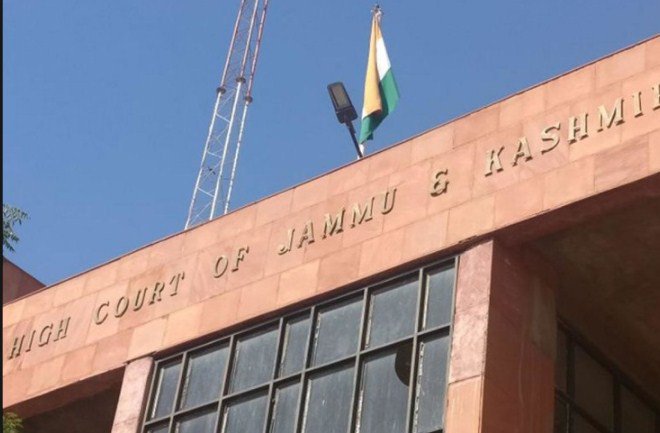LI Network
Published on: 19 September 2023 at 13:08 IST
The Jammu and Kashmir and Ladakh High Court, situated in Jammu, has requested details regarding politicians who continue to reside in government-provided housing despite owning homes in Jammu or Kashmir, as outlined in a status report submitted on March 28, 2023.
The bench has expressed that it is not legally permissible to allocate accommodation to individuals who possess alternative housing within the scope of Rule 5 of the Jammu and Kashmir Estates Department (Allotment of Government Accommodation) Regulations 2004.
Rule 5 specifies that accommodation should not be allotted to individuals who either own or possess a house in the relevant city, whether through ownership, lease, or other means, or those who have defaulted in the payment of license fees or furniture rent for a period exceeding one year.
The bench, presided over by Chief Justice N. Kotiswar Singh and Justice Rajesh Sekhri, has directed the petitioner’s counsel to provide comprehensive details in this regard. Furthermore, the court has instructed, “Mr. S.S. Nanda, learned Sr. AAG, shall also provide information regarding whether any of the individuals mentioned in the aforementioned list have alternative accommodations or houses in either Jammu or Kashmir.
This is necessary to determine the appropriate course of action, as it is not permissible under the law to provide accommodation to anyone who possesses alternative housing within the meaning of Rule 5 of the 2004 Regulations. This information should be furnished within one week from today.”
In the present case, the petitioner argued that a specific category of individuals is ineligible for the allocation of residential accommodation, including those who possess a house in the respective city or who have defaulted in paying license fees, among other criteria.
The petitioner contended that many such individuals have been provided with accommodation that they are not entitled to, even if they hold certain offices.
Rule 5 of the Regulations stipulates, “Non-eligibility for allotment of residential accommodation: Residential accommodation shall not be allotted to
(a) Persons who own or possess a house in the concerned city, whether in proprietorship or lease or otherwise, whether by themselves or through their spouses, sons, unmarried daughters, or parents.
(b) Persons who are in default in the payment of license fee/furniture/rent for a period extending one year.”
Additionally, the bench directed the respondents to clarify the nature of the provided accommodations allotted to individuals to determine compliance with Regulation 3 of the aforementioned 2004 Regulation.
The case is titled “Prof S K Bhalla v. Union Territory of J&K and others.”

